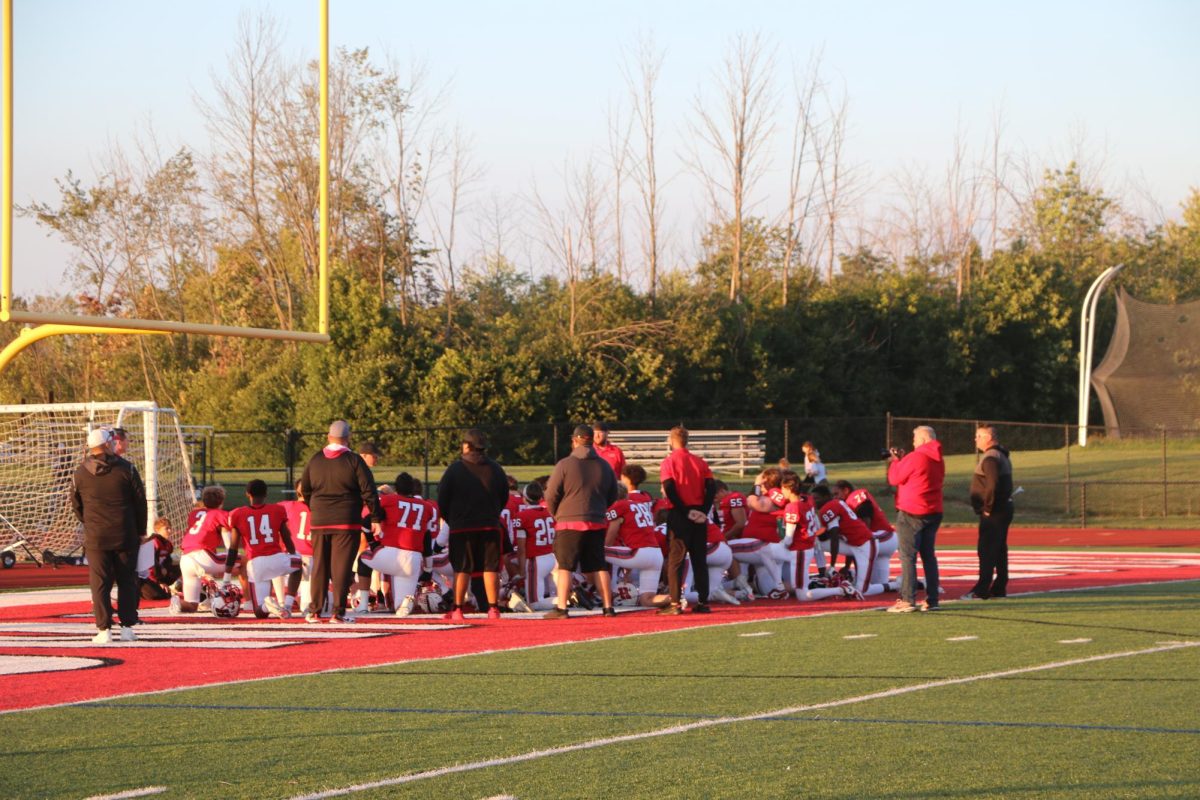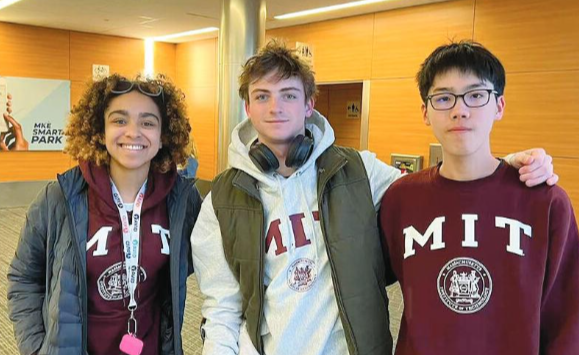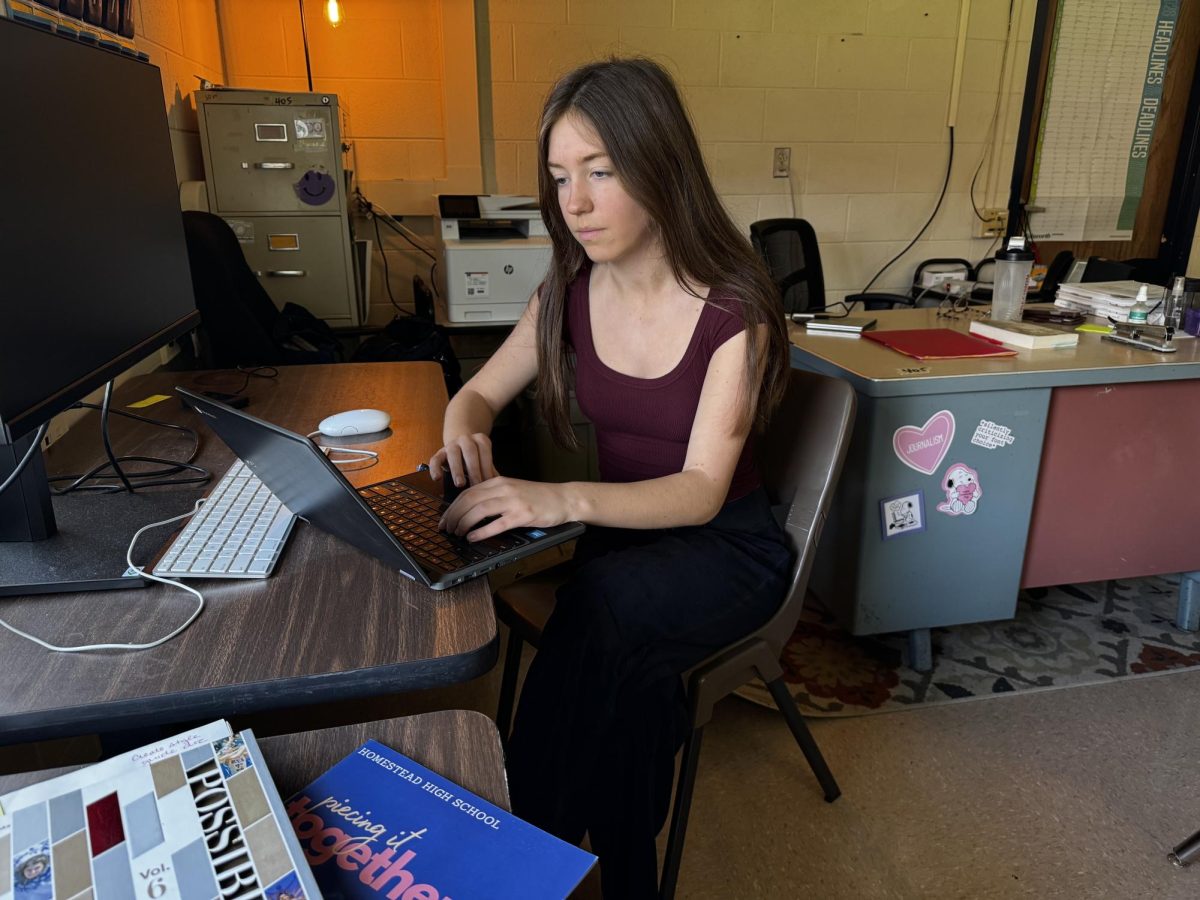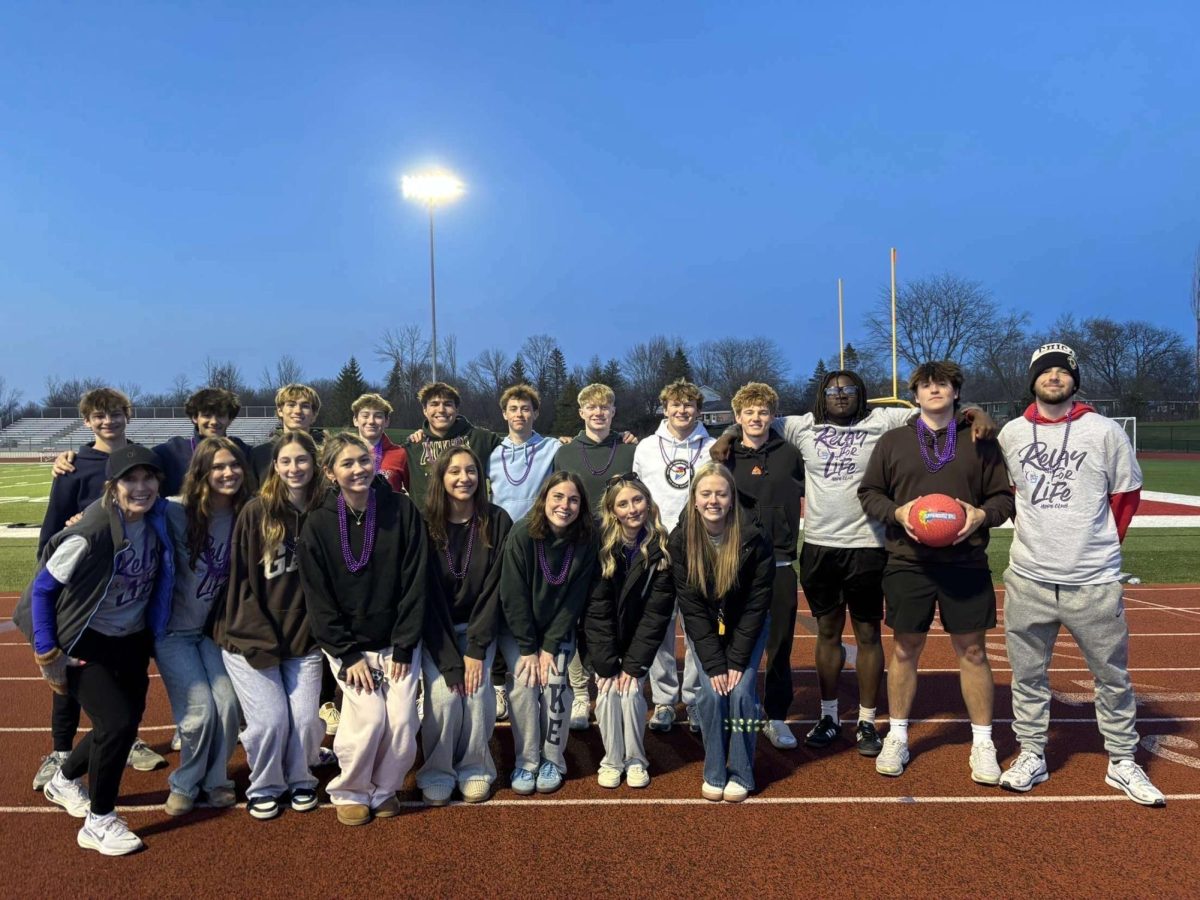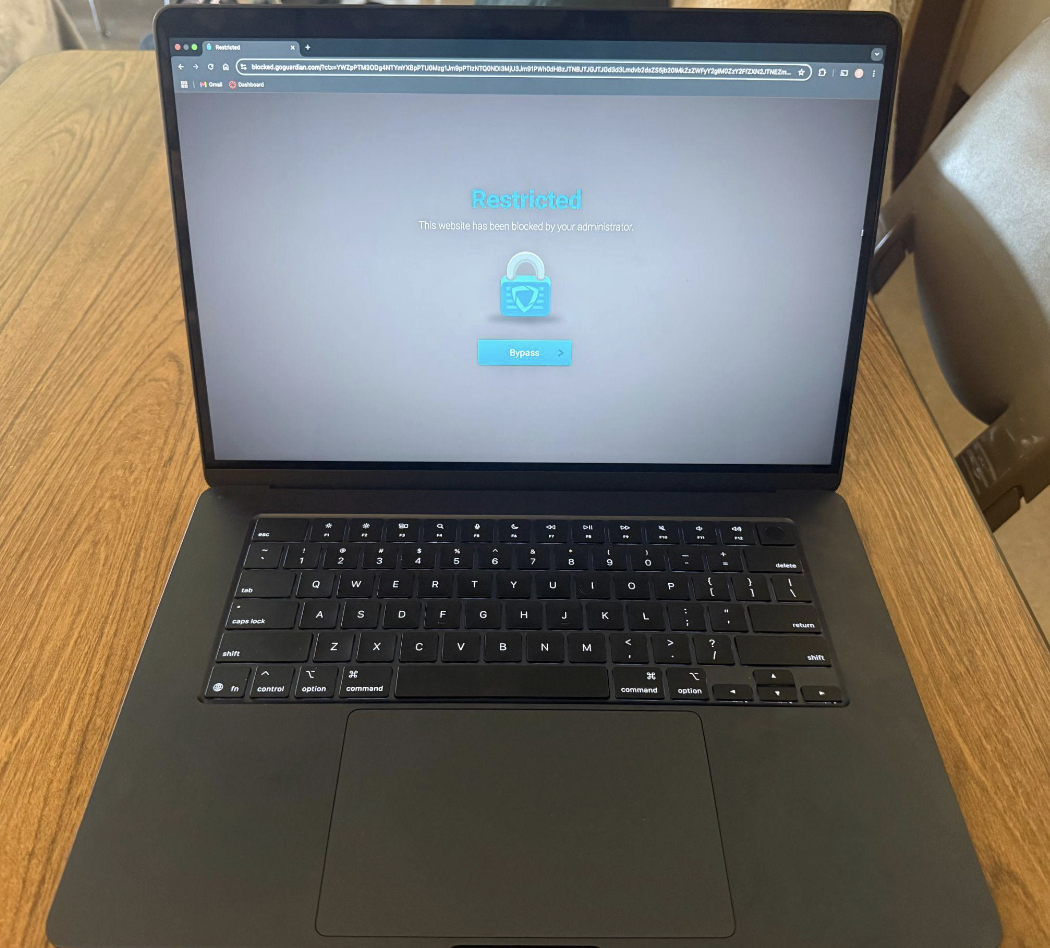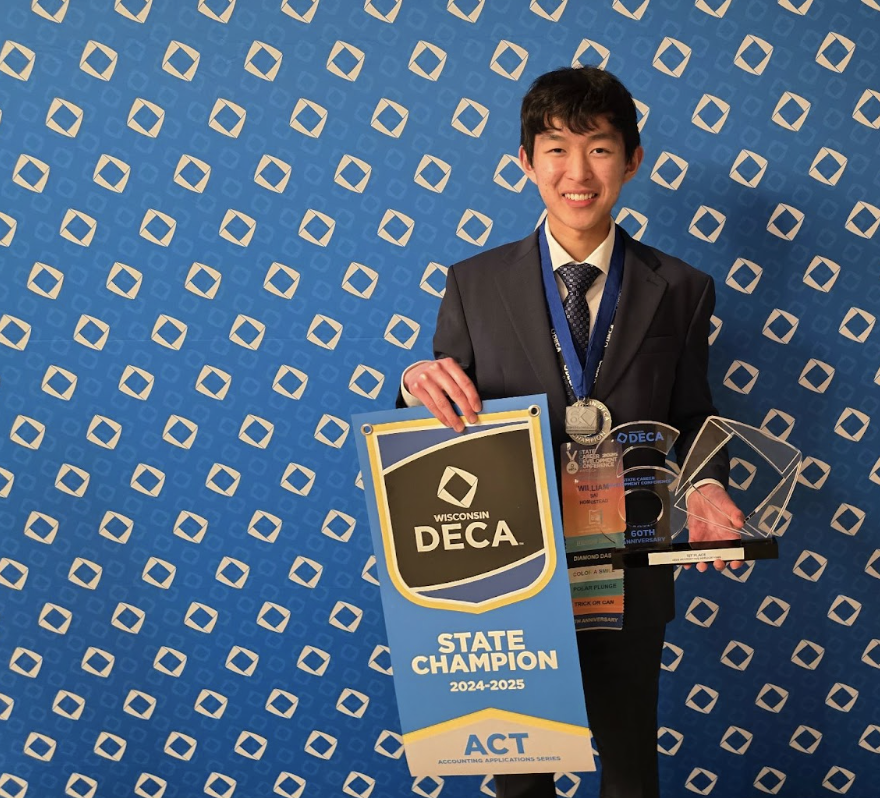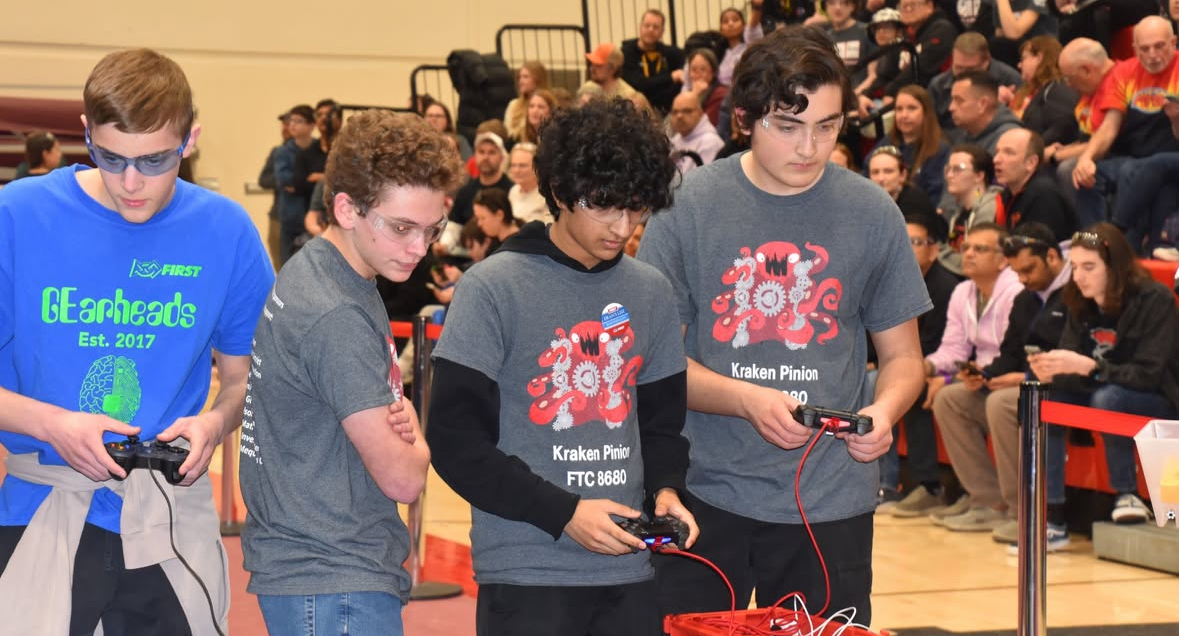The alarm incessantly buzzes over and over again. A fatigued hand hits snooze and rolls over. Bzz. Eight minutes pass. Bzz. The alarm will go off once again and the cycle will repeat itself. The tardy bell rings and their seat remains vacant. Bzz.
Across town, a student holds a thermometer to a light bulb and feigns sickness. A car pulls out of the driveway as their parents head off to work. The student smiles into their pillow, their day has just begun.
Whether it’s a school slump or a true ‘Ferris Bueller’s Day Off’, the issue reaches nation-wide: student absence.
Linda Winters, secretary, handles most calls about attendance. Winters also comments on the sheer number of calls per day.
“The calls start coming in around one o’clock (around fifth hour) every day because parents ‘forgot’ to call. This is my third year in this position and the calls have increased so much that a full- time job could be created for attendance and lateness. A full day of calls could be from 40-60 calls, that’s just per day,” Winters says.
Matt Zavada, assistant principal, oversees the majority of attendance issues and conflicts. He mentions that April and May have generally been worse for absences but says that school attendance is improving.
“Generally speaking, May is typically when we see the most absence, as well as April, but this school year has been better than years past. We’ve certainly improved. We’ve done a lot to get people in school,” Zavada said.
Zavada notes some of the strategies that Homestead has been using to improve attendance.
“Part of it is policy. Now with our excused tardies and exam exemptions tardies have decreased,” Zavada says.
The policy Zavada refers to above is no student with more than eight total excused tardies throughout the trimester (all classes combined) will be eligible to exempt an exam.
“A lot of this comes from Wisconsin State Law and yes, obviously we have some flexibility as educators. Talking with parents is important, especially being able to explain expectations and clear up misinformation,” Zavada explains.
“We want students to learn and take in content, interact with teachers, and they just don’t get that at home,” Zavada states.
Charlotte King, sophomore, sees correlations between grades and attendance similar to Zavada’s above.
“It’s a lot harder to catch up on work than doing it during the intended timing. I think it is important to be present in the classroom in order to get all my work done,” King said.
Another Student Handbook policy administrators have been enforcing this year is the Unexcused Absence policy. Any student who accumulates more than 10 absences will accrue unexcused absences unless cleared with a doctor’s note. It is up to individual teacher discretion how to handle unexcused absences when grading student work.
Eric Bauer, English teacher, expands on the policy in his classroom, “The policy has always been in place from the last 20 years, but I specifically asked Mr Ebert about it on March 4. The only difference now is the policy gives teachers discretion so they don’t have to follow it or not. I wasn’t always as consistent as I’d like to be but the only reason I wouldn’t follow is if I missed it when grading,” Bauer finishes.
“Attendance post pandemic is a state and nation-wide problem and it’s not just here.” Zavada says. “We are trying to get people back in school, and there is still work to be done.”
Student attendance improves after policy reminder
Highlander mascot, Angus, watches over the Highlander Cafe adjacent to Attendance Office.
0
More to Discover
About the Contributor

Sara Wypiszynski, Staffer
Sara Wypiszynski is a junior. She has lived in Mequon her whole life and been in the MTSD system since kindergarten. When she isn’t in class, she can be found playing (or coaching) volleyball, reading, or working on Homestead’s Literary Magazine, Soliloquy.


